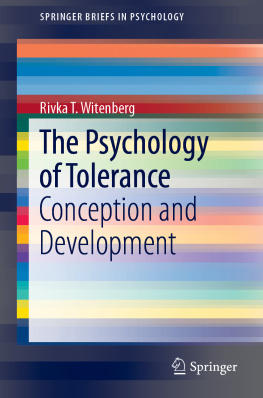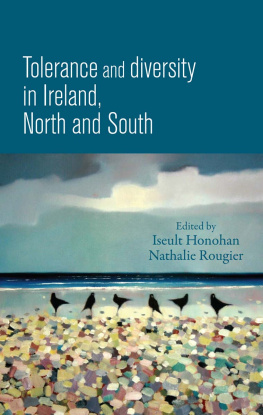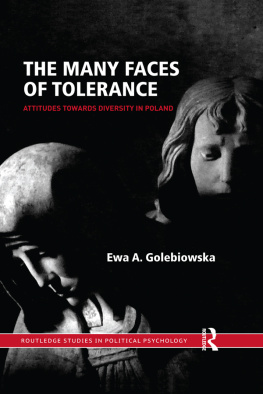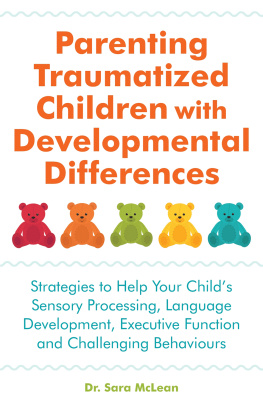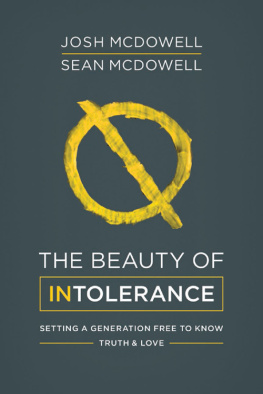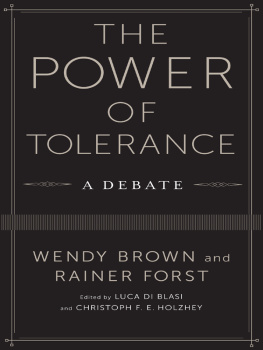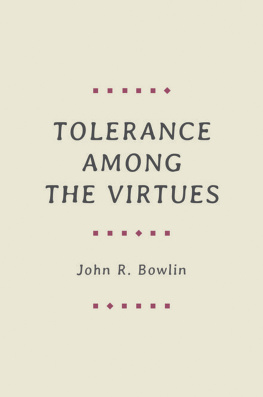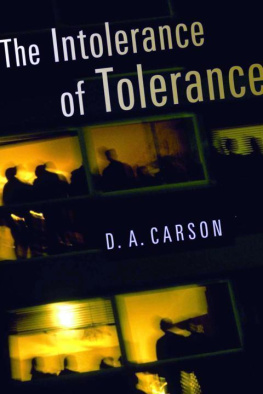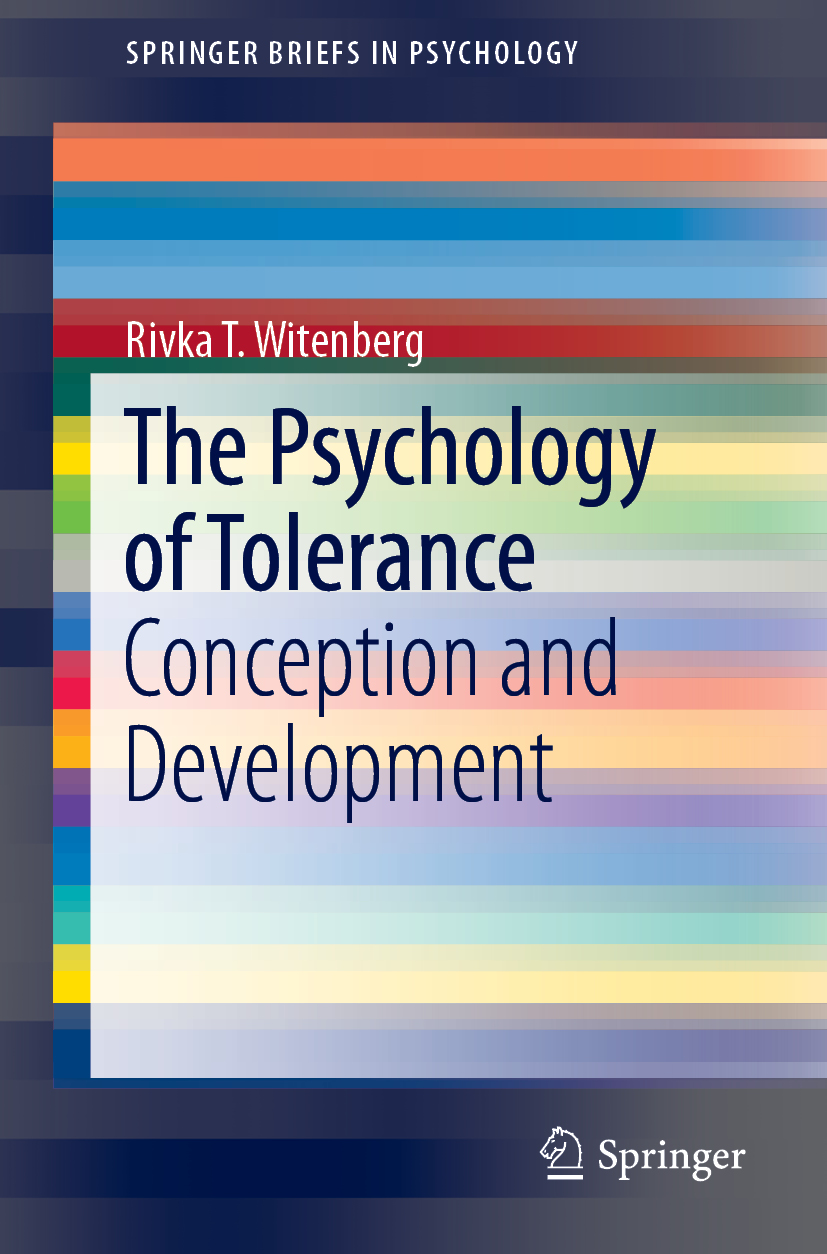SpringerBriefs in Psychology
SpringerBriefs present concise summaries of cutting-edge research and practical applications across a wide spectrum of fields. Featuring compact volumes of 50 to 125 pages, the series covers a range of content from professional to academic.
Typical topics might include:
A timely report of state-of-the-art analytical techniques
A bridge between new research results as published in journal articles and a contextual literature review
A snapshot of a hot or emerging topic
An in-depth case study or clinical example
A presentation of core concepts that readers must understand to make independent contributions
SpringerBriefs in Psychology showcase emerging theory, empirical research, and practical application in a wide variety of topics in psychology and related fields. Briefs are characterized by fast, global electronic dissemination, standard publishing contracts, standardized manuscript preparation and formatting guidelines, and expedited production schedules.
More information about this series at http://www.springer.com/series/10143
Rivka T. Witenberg
The Psychology of Tolerance Conception and Development
Rivka T. Witenberg
Independent Researcher, Melbourne, VIC, Australia
ISSN 2192-8363 e-ISSN 2192-8371
SpringerBriefs in Psychology
ISBN 978-981-13-3788-8 e-ISBN 978-981-13-3789-5
https://doi.org/10.1007/978-981-13-3789-5
Library of Congress Control Number: 2018965896
The Author(s), under exclusive licence to Springer Nature Singapore Pte Ltd. 2019
This work is subject to copyright. All rights are solely and exclusively licensed by the Publisher, whether the whole or part of the material is concerned, specifically the rights of translation, reprinting, reuse of illustrations, recitation, broadcasting, reproduction on microfilms or in any other physical way, and transmission or information storage and retrieval, electronic adaptation, computer software, or by similar or dissimilar methodology now known or hereafter developed.
The use of general descriptive names, registered names, trademarks, service marks, etc. in this publication does not imply, even in the absence of a specific statement, that such names are exempt from the relevant protective laws and regulations and therefore free for general use.
The publisher, the authors and the editors are safe to assume that the advice and information in this book are believed to be true and accurate at the date of publication. Neither the publisher nor the authors or the editors give a warranty, expressed or implied, with respect to the material contained herein or for any errors or omissions that may have been made. The publisher remains neutral with regard to jurisdictional claims in published maps and institutional affiliations.
This Springer imprint is published by the registered company Springer Nature Singapore Pte Ltd.
The registered company address is: 152 Beach Road, #21-01/04 Gateway East, Singapore 189721, Singapore
My appreciation goes to my father Rabbi Zeev Tapoohi (Wolf Yablonovich) who taught me that we are all equal and to my mother Nechama Hirschberg Tapoohi who imparted the love of books and words. This book is dedicated to them and Ron Witenberg who always supported me in my commitment to this work.
That which is loathsome to you, do not do to your fellow.
Rabbi Hillel Babylonian Talmud, Shabbat 31a
Mutual tolerance is a necessity for all time and for all races.
Mahatma Gandhi
How do we create a harmonious society out of so many kinds of people? The key is tolerancethe one value that is indispensable in creating community.
Barbara Jordan, American lawyer, educator and politician who was a leader of the Civil Rights movement
Acknowledgements
I would like to acknowledge and thank colleagues, research assistants and students who were involved in the research presented in this book. In particular, I would like to mention Prof. Trang Thomas in Australia and Prof. Yaacov Iram and Dr. Rachel Gali Cinamon in Israel for their involvement and cooperation. I would also like to acknowledge past students involvement in the research. I am grateful to Prof. Mary Ainley for reviewing the chapter on Definitions and Method and Dr. Ninawa Butrus for commenting on several of the chapters. I am also thankful to the schools and their students who allowed us to conduct the research in spite of possible disruption and all the older participants in the studies undertaken.
Importantly, I would also like to acknowledge that some of the research findings and the conceptual development presented in this book, particularly in regard to the psychological studies, have appeared previously in referred journals, conference presentations and in monographs.
This research was supported by the following research funding bodies: Commonwealth Research Grant, Centre for Education for Human Values and Tolerance, Bar Ilan University, Tel Aviv, Israel; Large Australian Research Council Grant (SPIRT) in partnership with the Australian Multicultural Foundation, the Royal Melbourne Institute of Technology and the University of Melbourne; The University of Melbourne Collaborative research Grant and The Australian Catholic University research grants.
I would also like to thank family and friends who have been both positive and encouraging during the time of writing this book.
Introduction
Overview: Why Tolerance and What Is It?
Tolerance is only necessary when difference or diversity is present because it is only when we confront diversity that our acceptance of others is truly tested (Vogt, 1997). As an outcome of changing geo-political realities, we live in a complex world that is becoming increasingly diverse but not necessarily always harmonious. Multinational migration of either ethnic workers or refugees, whether for economic or political reasons, is becoming more and more prevalent resulting in a world were monocultural societies are virtually extinct today. Considering current events in the world such as the recent inflow of millions of migrants and refugees to Europe from the Middle-East and Africa, which unfortunately can and does create disharmony and intolerance. Research shows that places where economic conditions are less affluent and the influx of migrants is large, negative feelings about foreigners emerge more readily, in contrast to more wealthy countries. Similarly, in places where there is a greater support for right-wing parties, negative feelings about migrants and refugees are more pronounced (Semyonov, Raijman, & Gorodzeisky, 2006). History has shown how intolerance to others who are different can result in calamitous outcomes such as the Shoah (the Holocaust), Srebrenica or the Rwanda massacres.
While these are extreme examples, they point to the importance for the understanding of tolerance and acceptance as applied to human diversity generally, as well as an important research goal both theoretically and practically. Such insight may help to shape the debate and practice about policies related to productive diversity in a multicultural environment and provide a basis for the design of community and school-based education programs (Thomas, 1998). Evaluations of education and/or intervention programs aimed at reducing prejudice have yielded mixed results. Promoting tolerance maybe an alternative route to more harmonious living between diverse people.

